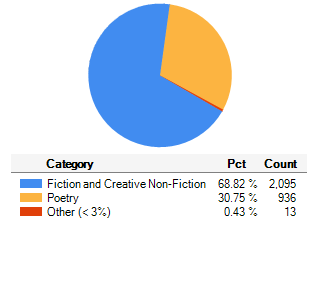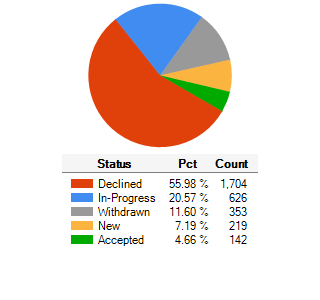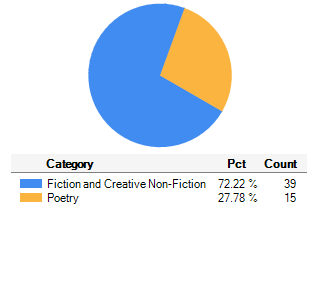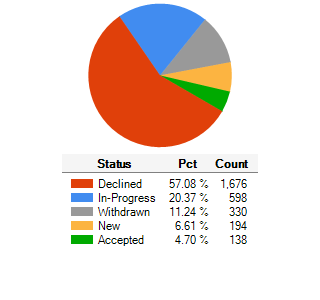It’s sometimes called the “worst sin” a writer can commit: the dreaded info dump. Here we explore an example of telling a story through dialogue without slipping into the info-dump trap.
This post is part of the “Behind the Spark” series, in which Spark contributors and editor Brian Lewis explore and discuss work that has been featured in the anthology.
There’s a term writers apply to awkward passages which serve only to clumsily convey important backstory or characterization:
The dreaded “info dump.”
It’s sometimes called the “worst sin” a writer can commit—which may have just a touch of hyperbole, but it’s certainly not far off. The reason info-dumping is so frowned upon is that it forces the reader out of the story for a moment, forces the reader to process information being told to him or her—instead of treating the reader as an engaged participant in the story.
There are two common types of info dump: the expository dump and the “As you know, Bob … .” In the first, the narrator tells the reader key information directly:
The citizens had been unhappy ever since the bread shortage last October, which had been fabricated by the government as a punishment for the attempted revolution.
In the dialogue-based info dump, or the “As you know, Bob… ,” one character explains something to another character that they both already know—and therefore have no reason to actually say aloud other than to fill the reader in.
“Sometimes, Bob, I look up at our sky, which is green because of the unusual chemical composition of our atmosphere, and I wonder whether we will ever be happy again, the way we were before the bread shortage last October, which we both believe was fabricated by the government as a punishment for the attempted revolution.”
Yikes.
Don’t get me wrong here: backstory is important, and so is conveying a character’s personality, but there are ways to show these things effectively without dumping information on the reader. David Farland has several great articles on worldbuilding in his Daily Kick in the Pants series, so for the exposition side of things, I’ll turn you over to his professional advice.
For telling a story through dialogue, I present as an example “Scarlet, Crimson, Red” by Sadie Bruce, included in Spark, Volume IV. There are two obvious participants in the conversation: the narrator, and the girl she meets at the audition. While it’s true that they make statements about “the way the world is,” the two characters contradict each other in a way that directly reveals more about their personalities than their surroundings. Indirectly, their arguing and corrections—”You’ve got it all wrong!”—effectively convey the turmoil and uncertainty of the girls’ environment by leaving us uncertain which girl knows the truth and which has been the victim of propaganda.
There’s a third, less-obvious participant in the conversation, too: the silent second-person “You,” addressed in asides by the narrator, but known to both the narrator and the girl at the audition. A cynical reader of this article will point out that the things the narrator says to “You” are already known to both characters, seeming to match my example of a bad info dump above. However, these asides serve a very different purpose: it’s important that we understand that the narrator knows “Your” life story by heart, and these asides show us not only how well the narrator knows it, but hint at the kind of connection she has to “You” and the process she must have gone through in order to know that life story so well.
The effective telling of a story through dialogue is one of the main reasons I selected “Scarlet, Crimson, Red” for publication in Spark. I hope you enjoy it as much as I did.
— Brian
P.S. One other thing I enjoyed, unrelated to the point of this article, is that this piece effectively makes “You” a distinct character in the story; the reader is never addressed, and the fourth wall is never broken. Another Spark piece that does this well is Inferno, by Andrew Blackman.










